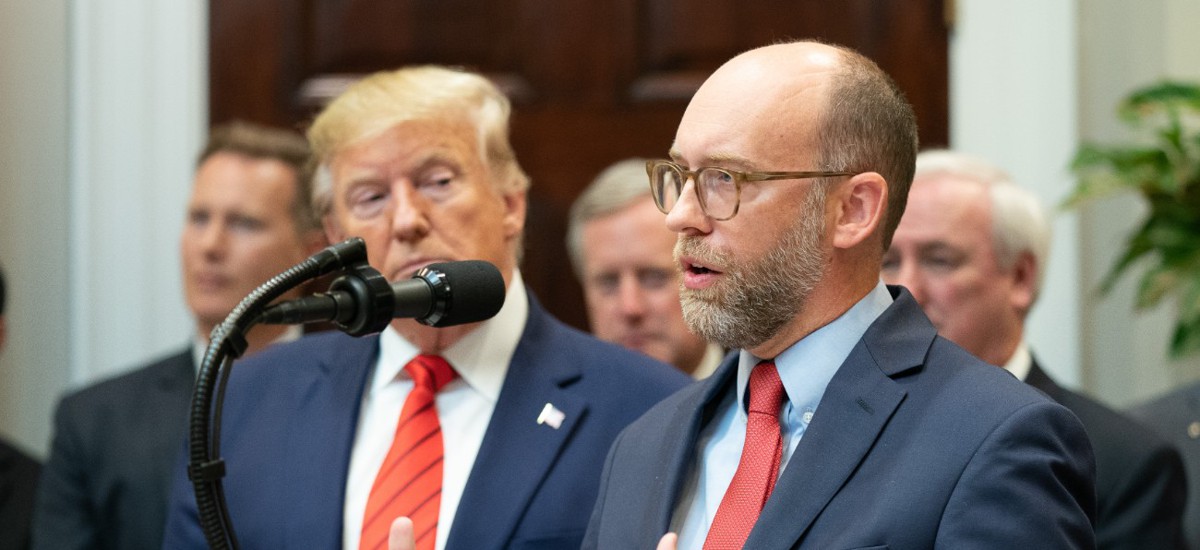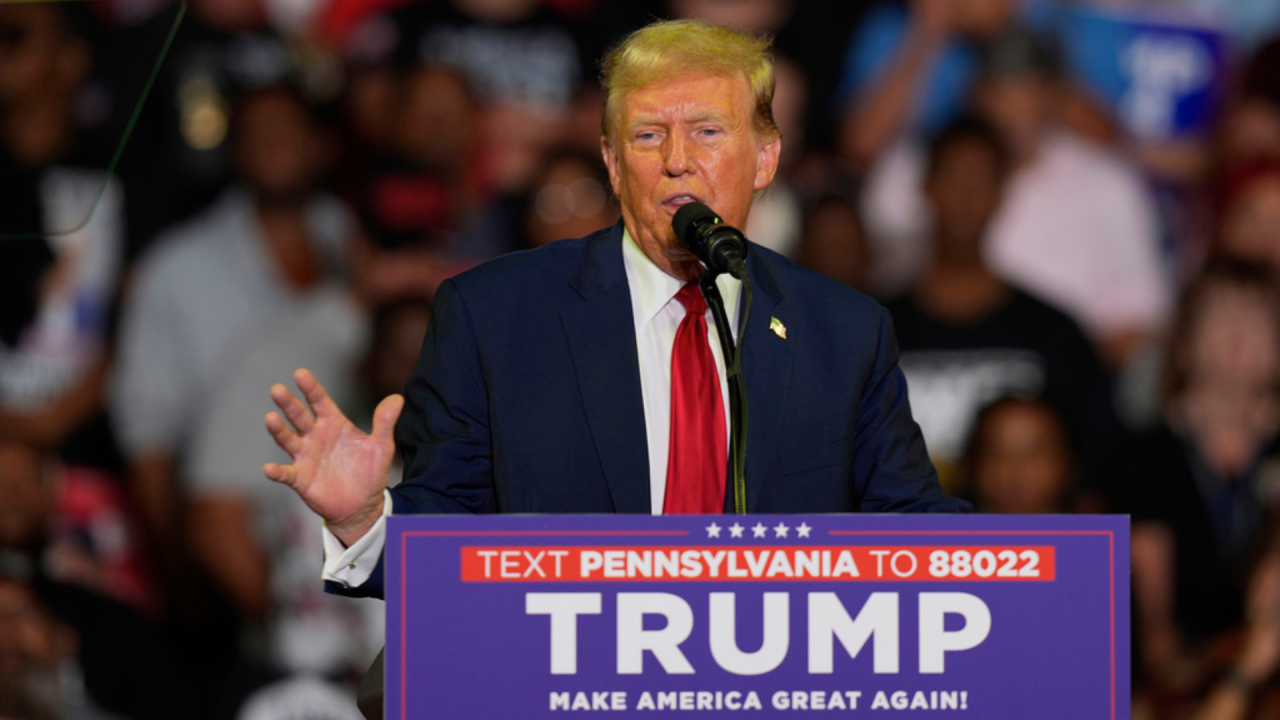Originally by Mike Sacks at www.rollingstone.com
The Supreme Court’s right-wing supermajority helped put President Donald Trump back in office. Now it’s letting him run rampant, often without even bothering to give us an explanation.
In 17 straight cases — “an unprecedented number compared to every prior presidency,” according to Georgetown Law professor Stephen Vladeck — the Supreme Court granted the Trump Justice Department’s emergency requests, halting orders from lower courts that had temporarily blocked the administration’s overreach. In doing so, the court has allowed the key planks of Trump’s Project 2025 agenda to take effect.
Some of the Trump 2.0 policies the high court has greenlit include:
- Dropping noncitizens into war-torn countries they’ve never stepped foot in, where they face the possibility of torture or death.
- Revoking temporary protected status for half a million noncitizens from Cuba, Haiti, Nicaragua, and Venezuela.
- Ordering the mass firings of federal workers.
- Gutting the Department of Education.
- Giving Trump’s so-called Department of Government Efficiency access to millions of Americans’ private information.
- Purging transgender servicemembers from the military.
- Illegally firing the Democratic members of independent agencies like the National Labor Relations Board, the Merit Systems Review Board, and the Consumer Products Safety Commission.
It would, however, be too simple to say the Supreme Court has rolled over because it’s gone full MAGA — though that is quite true for at least a couple members of the Republican majority. The Roberts Court’s capitulation is also an act of appeasement designed to preserve its power by avoiding confrontation with a would-be autocrat.
Chief Justice John Roberts has spent his two decades on the bench building up his court as the country’s main policymaking and -breaking body of government. Yet the Roberts Court’s landmark antidemocratic rulings unleashing money in politics, gutting the Voting Rights Act, and granting Trump sweeping criminal immunity for trying to overturn the 2020 election, all led directly to Trump 2.0.
And within weeks of regaining power, Trump began attacking — and defying — judges who stood in the way of what he regarded as his electoral mandate to do whatever he wanted, Constitution be damned.
At first, Roberts spoke out against Trump’s calls to impeach lower court judges for daring to rule against him. In a statement, the chief justice wrote, “For more than two centuries, it has been established that impeachment is not an appropriate response to disagreement concerning a judicial decision. The normal appellate review process exists for that purpose.”
But what seemed at the time like a rebuke now reads more like friendly advice, given how Trump has fared before the chief.
The appellate review process of Trump’s authoritarian agenda has so far been anything but normal. Virtually all of Trump’s wins have come on the Supreme Court’s emergency — or “shadow” — docket, where the justices make decisions without the benefit of full briefing or oral argument and, often, provide no reasoning for their votes.
Meanwhile, the Supreme Court’s solicitude towards Trump on the shadow docket suggests Trump’s attacks against lower court judges have influenced the votes of the members of the high court’s right-wing supermajority that have not gone totally MAGA. To those justices — Roberts chief among them — Trump’s ever-present threat of defiance has presented the Supreme Court with a choice: be a rubber stamp to appease Trump and preserve the prospect that he will obey future adverse rulings, or refuse to be a rubber stamp even just once and reveal just how illusory the court’s power has always been.
Chief Justice Roberts has chosen appeasement, and without any guarantee that Trump will honor the court’s credit should the chief ever lead his colleagues in declaring Trump has gone too far.
Indeed, the justices have already shied away from such a confrontation in the one Trump case the Supreme Court did move to the merits docket. Rather than resolve whether Trump’s executive order attacking birthright citizenship is constitutional, the Roberts majority instead accepted the Trump DOJ’s argument that the lower courts had no power to issue a universal injunction against the policy. The ruling only indefinitely delays the Supreme Court from ruling on the merits of the citizenship-stripping order while the lower courts wrestle with ancillary questions over the proper scope of potential relief. For all intents and purposes, the damage has been done.
While the Roberts majority cowers from Trump to preserve its own relevance, Justice Ketanji Brown Jackson is calling her colleagues to account over the real-world effects of their capitulation. She’s also showing us a path forward.
In a series of dissents at the end of this term, Justice Jackson all but accused the Roberts majority of being in the pocket of “moneyed interests” on the merits docket (i.e. in fully briefed and argued cases), and in Trump’s pocket on the shadow docket, pointing to the “court’s demonstrated enthusiasm for greenlighting this president’s legally dubious actions in an emergency posture.”
In a series of posts on BlueSky, Sen. Sheldon Whitehouse (D-R.I.) applauded Jackson for dispensing with the “collegiality” befitting “ordinary times.”
“What if we are in a time when a billionaire-funded scheme has spent decades trying to pack the court with billionaire-agreeable justices, so as to “capture” the court in the sense of ‘regulatory capture’ or ‘agency capture’ — and what if the billionaires have finally succeeded,” Sen. Whitehouse asked in a series of rhetorical questions.
And speaking to the Indianapolis Bar Association recently, Jackson said her separate opinions this term reflect her concerns about the state of our democracy.
“I’m really very interested in getting people to focus and to invest and to pay attention to what is happening in our country and in our government,” Jackson told the audience, according to a report from The New York Times.
But Justice Jackson is doing more than calling out her colleagues. In separate opinion after separate opinion, she is also articulating a pro-democracy vision for a court that defers to the people, facilitates a truly representative and multiracial republic, and polices clear constitutional limits.
“[W]hen Congress speaks, courts should listen,” she wrote in an April concurrence. But, she’s chronicled her colleagues’ “aggrandizement of judicial power” while insisting on the courts’ role to stop the executive branch’s lawlessness. “The court has cleared a path for the executive to choose law-free action at this perilous moment for our Constitution,” she wrote in her dissent to June’s birthright citizenship decision, “right when the judiciary should be hunkering down to do all it can to preserve the law’s constraints.”
In other words, the Roberts majority makes stuff up to get in the way of the people’s will and ignores clear constitutional and statutory commands to let Trump run rampant.
That is exactly backwards.
We need a Supreme Court that — absent clear constitutional or statutory commands — gets out of the way of the people’s will.
Read the Original Story





